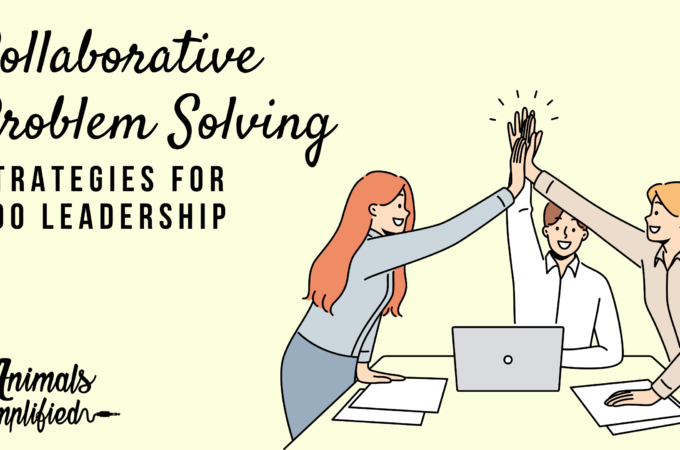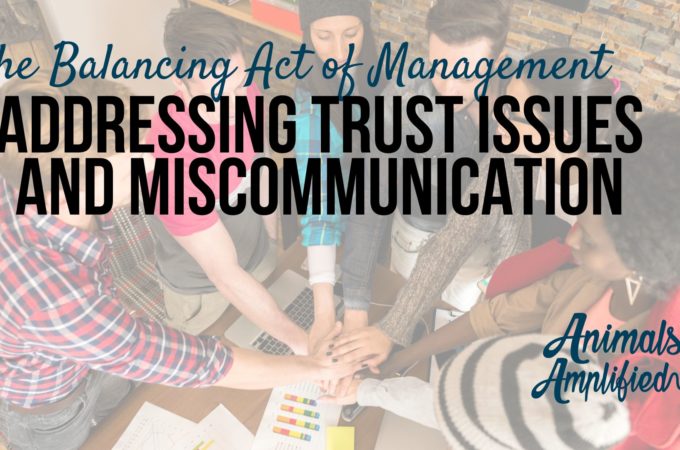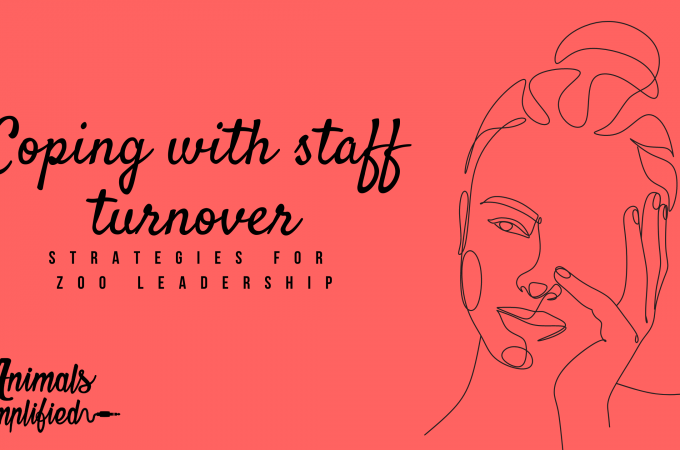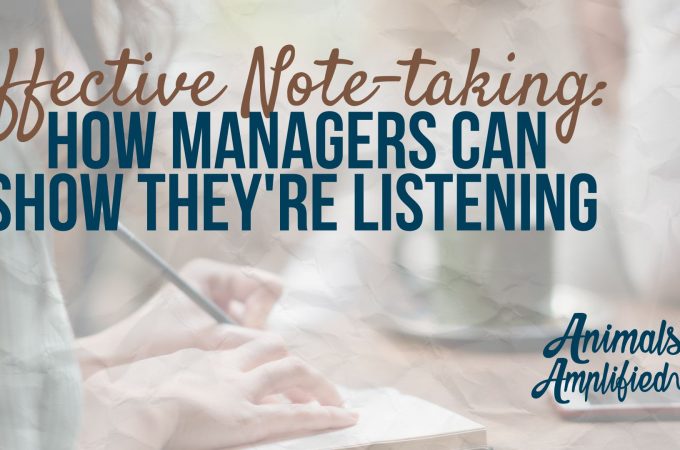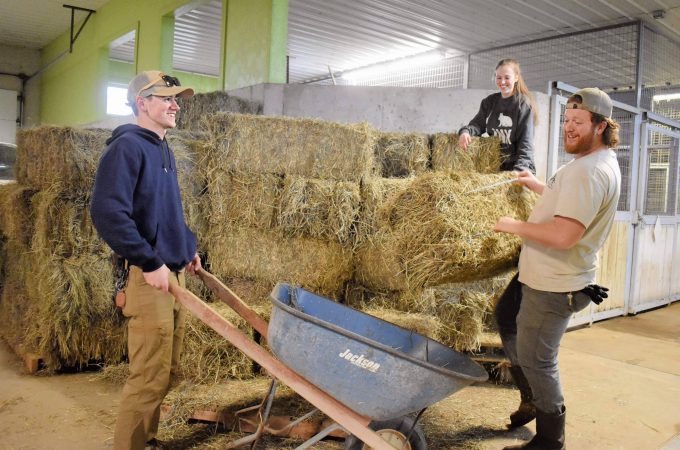
How can your vote affect your job?
The recent midterm elections will surely have an impact on anti-zoo legislation considered before the U.S. House of Representatives and the U.S. Senate. For the last eight years the House has been controlled by the Republican Party, which generally tends to be less receptive to the animal rights movement, and thus most of the anti-captivity legislation that’s been brought to the Natural Resources Committee (this is the committee who would receive any cetacean or circus ban legislation) has been shelved.
However, earlier this month we voted to give control back to the Democrats in the House of Representative. This means that we’ll have new House Leadership including a new Chair of the Natural Resources Committee, Congressman Raul Grijalva of Arizona.
You can stay up to date with both sides of the aisle below. If you click on these links you can sign up for newsletters, see who’s on the Subcommittees, follow the Committee on Facebook, Twitter, Instagram, Youtube…..you get the point. You can also check out their scorecards and see what’s in the pipeline for them to be looking at. It’s new for me to be looking into these things this closely to be honest, politics makes me feel icky, but I think it’s important to follow legislation that impacts our sector and to advocate for zoos and aquariums wherever possible.
Republican Natural Resource Committee webpage
Democratic Natural Resource Committee webpage
There’s also a corresponding Committee in the Senate, the Committee on Environment and Public Works, which will remain Republican controlled and will likely serve as a counter-balance to anti-captivity legislation making it out of the House.
Once you dive into these pages find out if someone on the Committee lives in your state (I’ve included pictures and names of some of the current members here), then you can watch them closely, advocate as a constituent, and if your zoo allows it, invite them over to see all the good work you’re doing. Relationships matter, and at a minimum you can be valuable by offering to be a resource to elected officials on policy. Many of these members simply do not know much about our issues and therefore are susceptible to being misinformed.




There’s no doubt that anti-captivity advocates will view the coming session of congress as an opportunity, and will have their lobbyists working the Hill and spending time with these new members every day. The animal rights movement has a lot of resources at their disposal; staff, time, PR firms, fundraising ability, online mobilization of supporters, and so on. Politically, these are all valuable tools to drive an agenda. The advantage we have on our side is that we are actually the animal experts. We actually manage animals and can speak from first hand knowledge. What scares me is that you all are SO busy taking care of your animals, training for voluntary medical procedures, or doing ethograms to watch for anything that might not be quite right in your animals, that most of you won’t even have or take the time to read this blog.
It also worries me that the same people that our industry usually champions to get into office, might be the same people who can be influenced to close down our facilities. I feel like it’s not too far of a reach to assume that most zookeepers and animal trainers are more liberal leaning when it comes to politics. It’s not too far of a stretch to assume that most animal rights activists and their associated organizations are also pretty liberal leaning as well. Typically Republicans champion more multiple use natural resources politics than Democrats, which tends to lead to the view that Democrats are better on natural resources and wildlife protections. However, as I stated, Republicans are more likely to shut down anti-captivity legislation.
So what’s the moral of the story here? What can you do about it? Well you can build relationships with your elected officials, educate and hold them accountable for your interests and of course rock the vote. You can also encourage your zoo to reach out to and advocate for your facility BEFORE there’s legislation moving that negatively impacts you. Lastly, you can stay engaged! No issue is ever as easy as one article, facebook post, or blog makes it seem.
Here’s your guide to getting involved!
Your vote (792 downloads)
